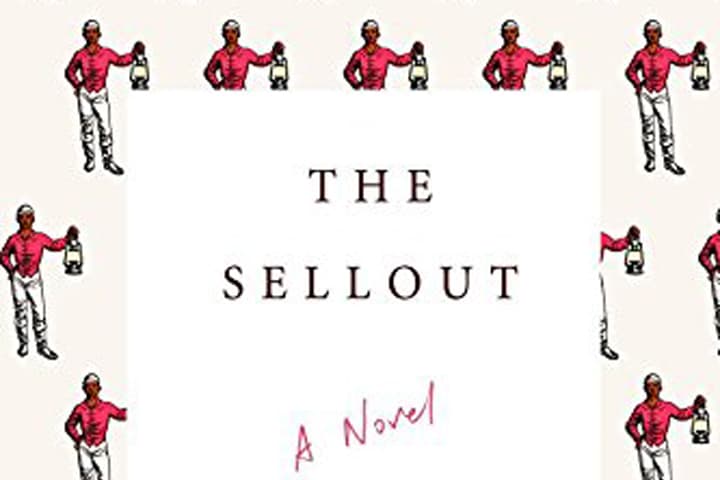Advertisement
Weed, Watermelon And ‘Post-Racial’ America
ResumeWith guest host Jane Clayson.
Author Paul Beatty’s novel “The Sellout” is a satirical look at race relations in America. He joins us.

Race has never been an easy topic in America. Our guest, author Paul Beatty, isn’t after earnestness. In his biting new book “The Sellout,” he jabs at our stereotypes, our fraught dialogues, our inhibitions. His stoned black protagonist is waiting for his trial before the Supreme Court for resegregating his town and owning a slave. It sounds preposterous. It is. But it also gets at truths about where this nation really is when it comes to race. This hour, On Point: Paul Beatty and the humor in America’s discussion on race.
-- Jane Clayson
Guest
Paul Beatty, author and novelist. His new book is "The Sellout: A Novel." Also author of "Slubmerland," "Tuff" and "The White Boy Shuffle: A Novel."
From The Reading List
NPR Books: 'The Sellout' Is A Scorchingly Funny Satire On 'Post-Racial' America -- "It's difficult to pin down the exact day when post-racial America was born. Maybe it was when the Civil Rights Act of 1964 was signed into law, or when Thurgood Marshall was appointed the first African American member of the Supreme Court. Maybe it was when Barack Obama was elected president, or the first time a white person claimed to be 'colorblind.' It's honestly hard to tell, because as we keep seeing proved again and again, "post-racial America" is completely indistinguishable from what came before."
The Wall Street Journal: Fiction Chronicle: Audacious Jokes — "Late in Paul Beatty ’s 'The Sellout', the narrator describes a stand-up comedian whose performance 'plucked out your subconscious and beat you silly with it, not until you were unrecognizable, but until you were recognizable.' This is a good description of Mr. Beatty’s confrontational, scintillating satire of racial politics."
Guardian US: A galvanizing satire of post-racial America — "Beatty’s wicked wit is the book’s chief source of momentum. And though he avoids the traps of plotless modernism, Beatty’s constant barrage of asides and routines eventually does take precedence over the supreme court plot, for example. The resolution of the trial does not figure much in the end. That, I think, is by design. Beatty wants to address more subjects than that the form of a legal procedural allows."
Read An Excerpt From "The Sellout" By Paul Beatty
Remembering Selma's "Bloody Sunday" March At Fifty
Margaret Talev, White House correspondent for Bloomberg News. (@margarettalev)
Bloomberg Politics: History Was Made in Selma—But Not For Selma — "In the era leading up to Bloody Sunday, Selma was racially mixed, though far from integrated. According to the 1960 census, its 28,385 residents were about equally split between black and white. The town has shrunk since then, to a population of 19,912 in 2013, and many of its white residents have left—by 2013, four in five residents were black. More than in 1960, it's mired in poverty. The median household income for the years 2009-13 was $22,478—about half of Alabama’s median household income—and 41.9 percent of Selma residents lived below the poverty line."
This program aired on March 6, 2015.